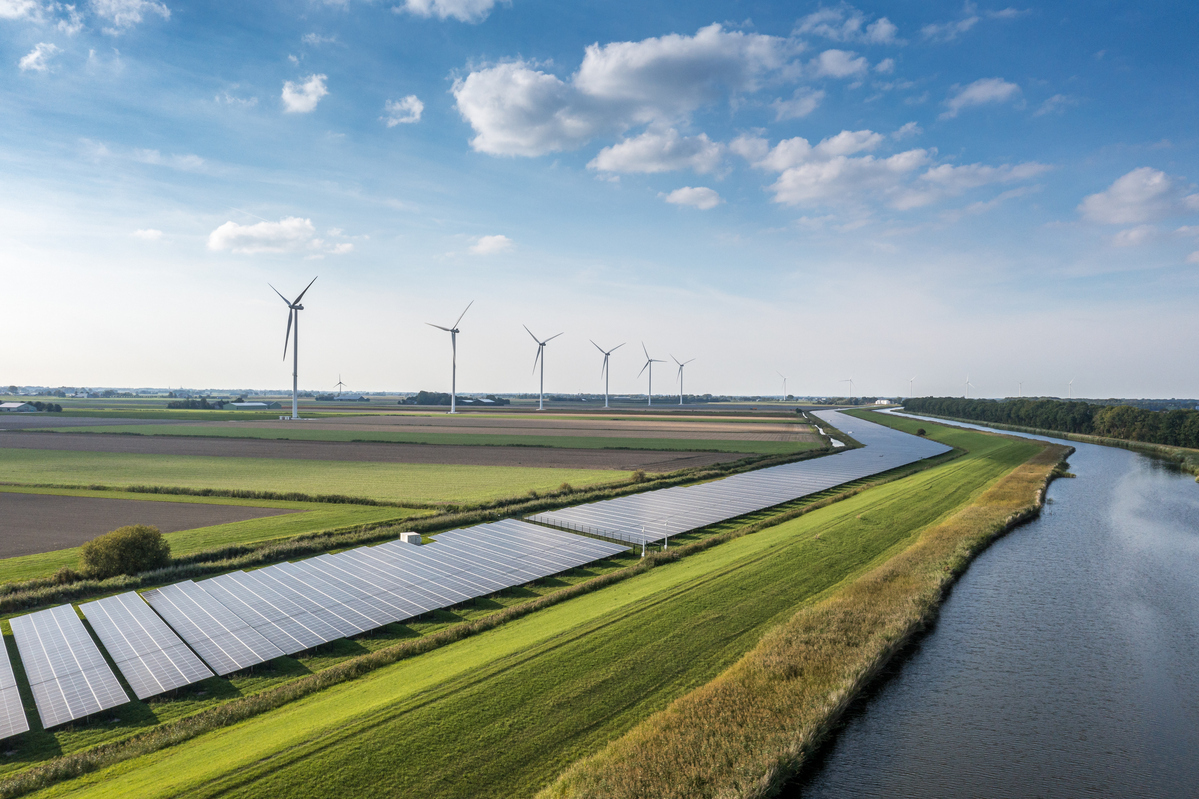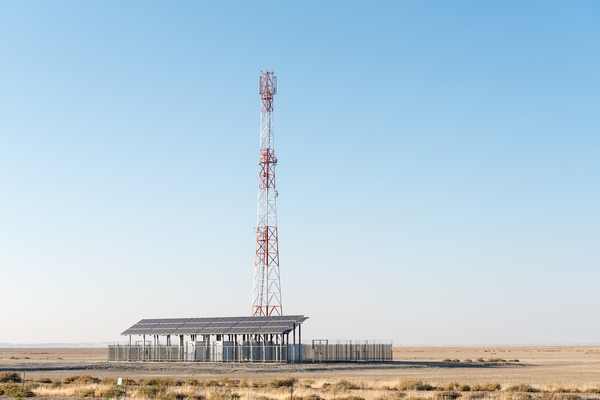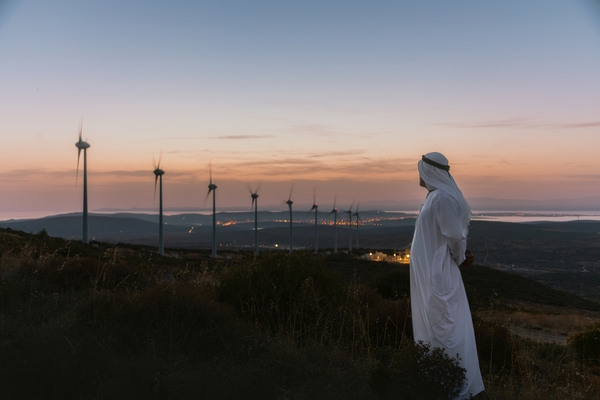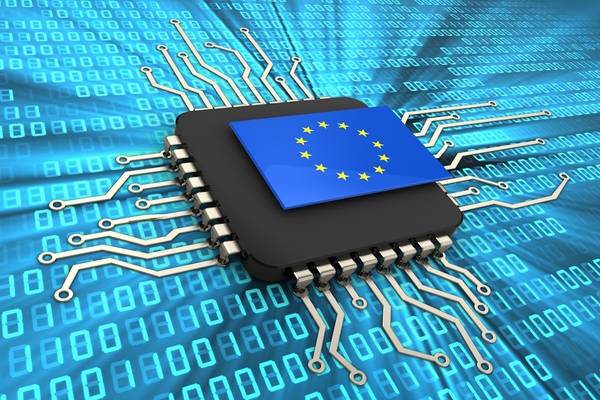On the road to RE100: finding success and learning valuable lessons
Sponsored by Delta ElectronicsElectronics company Delta aims to hit the RE100 target of being 100 per cent renewables-powered across EMEA in 2025 – here’s how

As companies around the world set carbon reduction targets and milestones, they are under no illusions as to the challenges involved in sourcing green energy and meeting Net Zero objectives.
Delta, a global leader in power management and a provider of IoT-based smart green solutions, has been on that journey as a member of RE100, an initiative that brings together businesses aiming to use renewable sources for their energy needs. Naturally, achieving the RE100 targets requires rigorous processes, monitoring and reporting, ensuring all energy use can be verified and traced back to a renewable source.
When Delta joined RE100 in 2021, it did so to achieve the target of 100 per cent renewable energy use across its global operations by 2030, and in the EMEA region by 2025. Even with these ambitious targets, Delta’s global operations – including offices, R&D centres and production facilities – were 76 per cent powered by renewables in 2023. Within EMEA, the figure increases to 93 per cent, with Delta aiming to reach its RE100 goal there in two years.
Dalip Sharma, President and General Manager of Delta Electronics, EMEA region, discusses the company’s journey over the past few years and the lessons learned that can be applied across the business landscape.
What challenges have the RE100 targets in EMEA raised, and what did you learn from them?
Delta has 37 sites spread over 19 countries in EMEA. That’s a large and diverse area. Not only does every country have different options when it comes to sourcing renewable energy, they also have different sets of climate objectives and regulations.
Renewable energy certificates are a good example of how this complexity plays out. RE100 has clear guidelines and stringent technical criteria defining what counts as renewable energy in the context of our RE100 membership. These certificates must contain detailed information to trace the source of renewable energy generation back to a specific solar farm, wind turbine or hydro facility.
And a renewable energy certificate issued in one EU country does not necessarily cover energy consumption in another. This is because, to apply certificates across borders, RE100 has two key requirements in addition to EU membership: the countries’ grids must be interconnected, and they have to be members of the Association of Issuing Bodies (AIB). So, for example, a certificate produced in Germany can be used in the Netherlands, but not in Poland or Malta. Poland is not an AIB member while Malta does not have a grid connection to the Netherlands.
How do you source renewable energy across EMEA?
We have adopted a mix of sourcing strategies, including self-generation from solar photovoltaics on our buildings and purchasing green electricity products from our utility suppliers. However, this is not possible in all markets, and in some cases, we have to buy the certificates separately from the electricity supply.
In the future, we want to increase the share of on-site solar PV generation in the mix to further contribute to the expansion of renewable power generation.
Alongside this, we work to continuously improve the energy efficiency of our operations and reduce our total consumption. Globally, we have 36 certified green buildings, including two green data centres, which underscore our commitment to energy efficiency.
What role has Delta’s internal carbon pricing scheme played in raising the use of renewables?
We started an internal carbon pricing (ICP) scheme in 2021 to drive down the use of “grey” electricity sourced from fossil fuels in our daily operations.
For every €1 spent on grey energy, our offices are charged €2 extra to disincentivise the use of non-renewable electricity. The fees we collect globally are deposited in a green virtual fund. Every one of our offices worldwide can tap into this fund to invest in projects that reduce Delta’s carbon footprint – installing renewable infrastructure, improving energy efficiency or minimising waste volume, for example.
The ICP fund investments in 2023 amounted to approximately $70 million and further add to the many green projects underway across Delta’s global facilities. A portion of that fund went into investment in renewable energy technology development, energy resource management and low-carbon technologies such as electric vehicle charging points and a battery storage system in our EMEA region.
What advice would you give to RE100 members to help them reach that target?
My first piece of advice is to be persistent when it comes to achieving 100 per cent renewable power. There will be challenges along the way, but don’t let those deter you. Being a bit stubborn about getting to RE100 ahead of the official target has stood Delta’s sustainability efforts in good stead.
Secondly, keep working on reduction, as greater energy efficiency is always possible. We continue to look for new ways to save energy, even at sites that already hold energy-efficient, green building certificates from schemes such as BREEAM and LEED.
Lastly, if you are in a position to do so, I cannot emphasise enough the value of on-site renewable energy production, since it will reduce costs and help you reach RE100. Any investment you make into on-site green energy generation will only add to and benefit the growth of renewable energy worldwide.
Where does Delta’s net-zero journey go from here, both in Europe and globally?
Achieving RE100 is part of Delta’s target to become carbon neutral across our entire global operations by 2030. As Asia’s first technology hardware and equipment company to pass the Science-Based Targets review, we plan to achieve a 90 per cent reduction in all Scope emissions (1-3) by 2050. It will take a global effort to accomplish both of these goals, reducing carbon intensity not only within Delta but also across our supply chains.
We’ve been working closely with our suppliers, too, rolling out bespoke training sessions to help them reduce their carbon footprints.
This collective global effort will help us and all companies we partner with to achieve the environmental targets we hold ourselves to in the coming years.
For more information, visit esg.deltaww.com/en/index

Business Reporter Team
Most Viewed
23-29 Hendon Lane, London, N3 1RT
23-29 Hendon Lane, London, N3 1RT
020 8349 4363
© 2024, Lyonsdown Limited. Business Reporter® is a registered trademark of Lyonsdown Ltd. VAT registration number: 830519543





